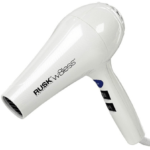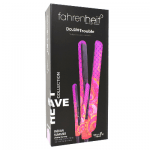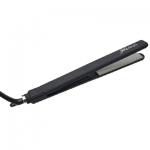Korean skincare typically begins in adolescence, around the age of 12 or 13.
The regimen begins with a basic cleansing routine that involves removing makeup, dirt and oil from the face. This is usually followed by an exfoliating step to remove dead skin cells from the surface of the skin and help unclog pores. After this, a toner or lotion is applied to maintain moisture levels in the skin and balance its pH.
The next step in Korean skincare is applying serums or essences that contain active ingredients such as hyaluronic acid, Vitamin C or retinol which are designed to address specific concerns like wrinkles, age spots, acne scars etc. These products can be used on their own but they may also come packaged together with other products such as moisturizers for added protection against environmental aggressors like pollution.
Finally comes sheet masks – these are thin sheets of cotton soaked in a serum-like substance containing nutrients and minerals infused into it that helps nourish your skin while providing intense hydration when left over night on your face. Sheet masks often have additional brightening properties as well so you can wake up with brighter looking complexion! The same goes for eye patches which are becoming increasingly popular due to their ability to reduce puffiness around eyes after long days of work or lack of sleep.
Korean beauty routines typically end with sunscreens physical ones being more common than chemical ones regardless if youre indoors all day since UVA/UVB rays can still penetrate through windows ! Sunscreens not only protect against harmful UV rays but some even provide anti-aging benefits too .
Korean skincare regimens typically begin with a basic cleansing routine that involves removing makeup, dirt and oil.
Serums or essences are applied to address specific skin concerns like wrinkles, age spots and acne scars.
Sheet masks provide intense hydration while eye patches reduce puffiness around eyes. Sunscreens are used to protect against UVA/UVB rays and some even provide anti-aging benefits too.


